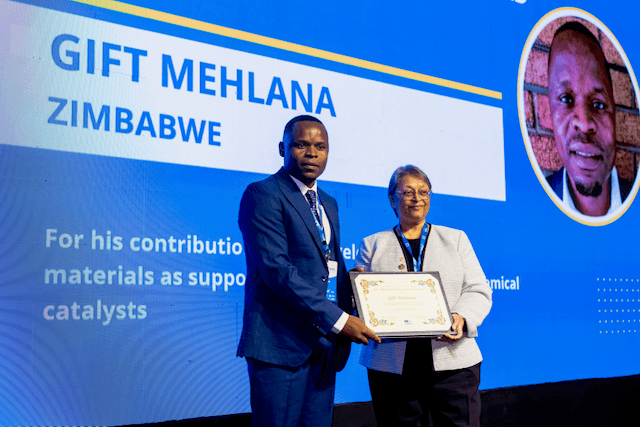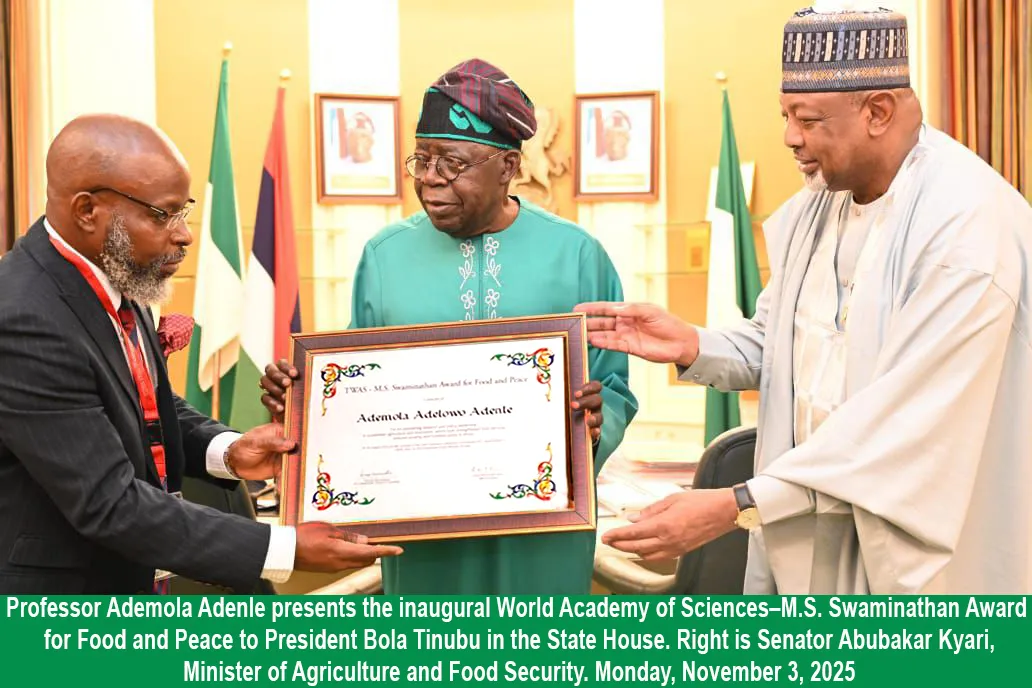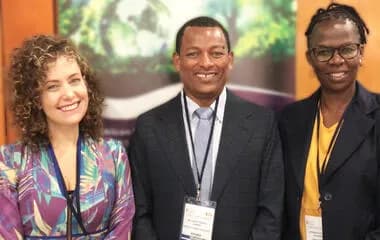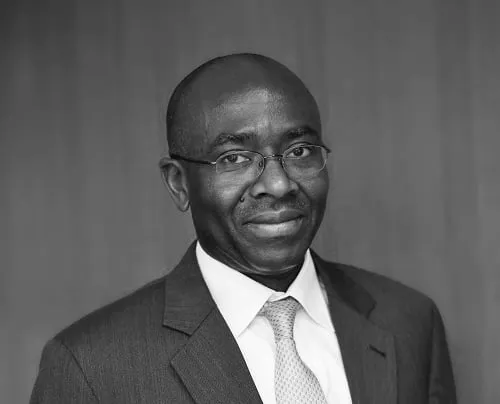News
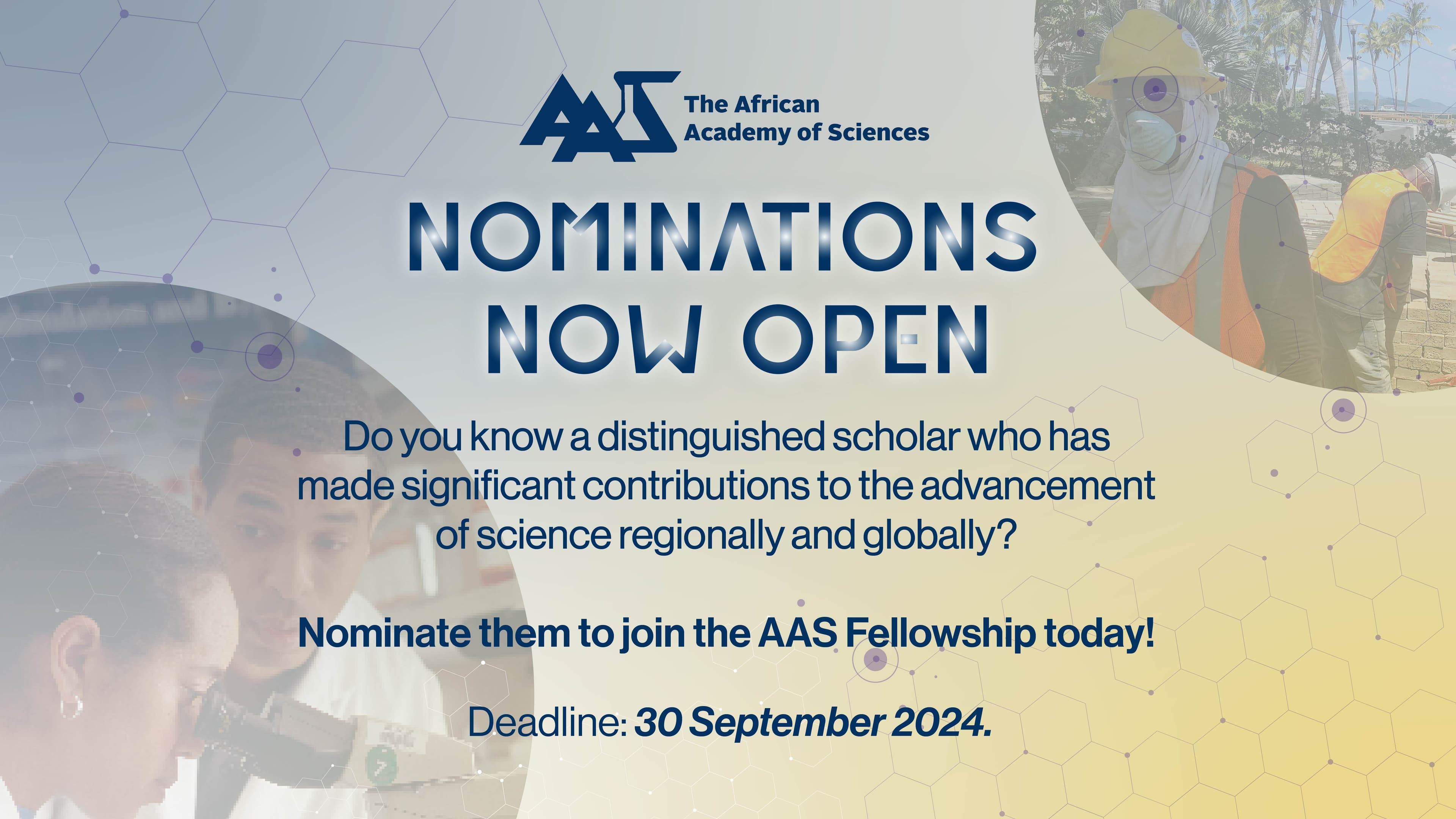
Background
The African Academy of Sciences (AAS) recognises scientific excellence by electing to its membership outstanding scholars who have attained the highest level of excellence in their scientific field and have made significant contributions to the advancement of science regionally and globally. AAS Fellows are elected for life through a rigorous peer review process on the basis of excellence in their publications record, innovations, leadership roles, and contribution to policy and society.
There is no age limit and AAS encourages the nomination of female scientists and deserving scholars from under-represented disciplines. Candidates may be nominated from all scientific disciplines grouped into ten AAS scientific clusters:
The AAS Fellowship has three categories of recognition: Fellows, Associate Fellows, and Honorary Fellows.
Fellows are elected from among active and outstanding African scientists residing in Africa or elsewhere, non- African scientists who have taken citizenship of an African nation, and Africa-born scientists who have taken citizenship outside Africa and have attained the highest international standards and/or have made significant contribution to the development and application of science, technology and innovation in Africa as well as in the development of other scientists.
Nomination requirements for Fellows
Only AAS Fellows and Associate Fellows can nominate candidates to the AAS Fellowship. One Fellow/ Associate Fellow nominates and each nomination is seconded by another Fellow/ Associate Fellow. Prospective nominees must meet the following requirements:
Requirements:
To be considered for nomination into AAS Fellowship, candidates must:
Candidates for Associate Fellowship must:
Annex 1
Publications: Just like scientists, law professors publish articles, but they might also publish books, chapters in books, legislative drafting and reports. These publications are often in law reviews or other legal journals.
Citations in publications: Other legal scholars, practitioners, and even judges might cite these publications in their own work, showing that they find them valuable.
Judicial Opinions: Judges write opinions on the cases they decide. These opinions can be influential if they are well-reasoned and address important legal issues.
Citations by Other Courts: Other judges and courts might cite these judicial opinions in their own decisions, showing that they find them persuasive or authoritative.
High-Profile Cases and Wins: Description: A lawyer who has successfully handled high-profile or landmark cases that are frequently cited or referenced in legal discussions, academic literature, or subsequent case law.
Influential Legal Opinions and Amicus Briefs: Authoring or contributing to influential legal opinions or amicus briefs that have been cited or used in significant court ruling
The Nomination Process
The African Academy of Sciences accepts nominations for Fellows in the first half of each year. A nomination call is sent out to all AAS Fellows and Associate Fellows. A notification also goes out to non-Fellows informing them of the open call. Only current AAS Fellows and Associate Fellows can submit nominations. Self-nomination is not accepted but as indicated below, interested individuals may request a Fellow or Associate Fellow of AAS to nominate them. The call remains open for two months. Nominations must be submitted by 30th September 2024.
The AAS reiterates its goal to admit more women into the Fellowship. All Fellows are expected to nominate at least one woman and women Fellows are highly encouraged to nominate two women.
Nominations are submitted on the AAS Ishango Online System. Please follow this link here.
More information on the AAS Fellowship and the nomination process is available here.
Contacts
Please contact fellows@aasciences.africa if you need any clarification.
Deadline
Nominations must be submitted by 30th September 2024.
